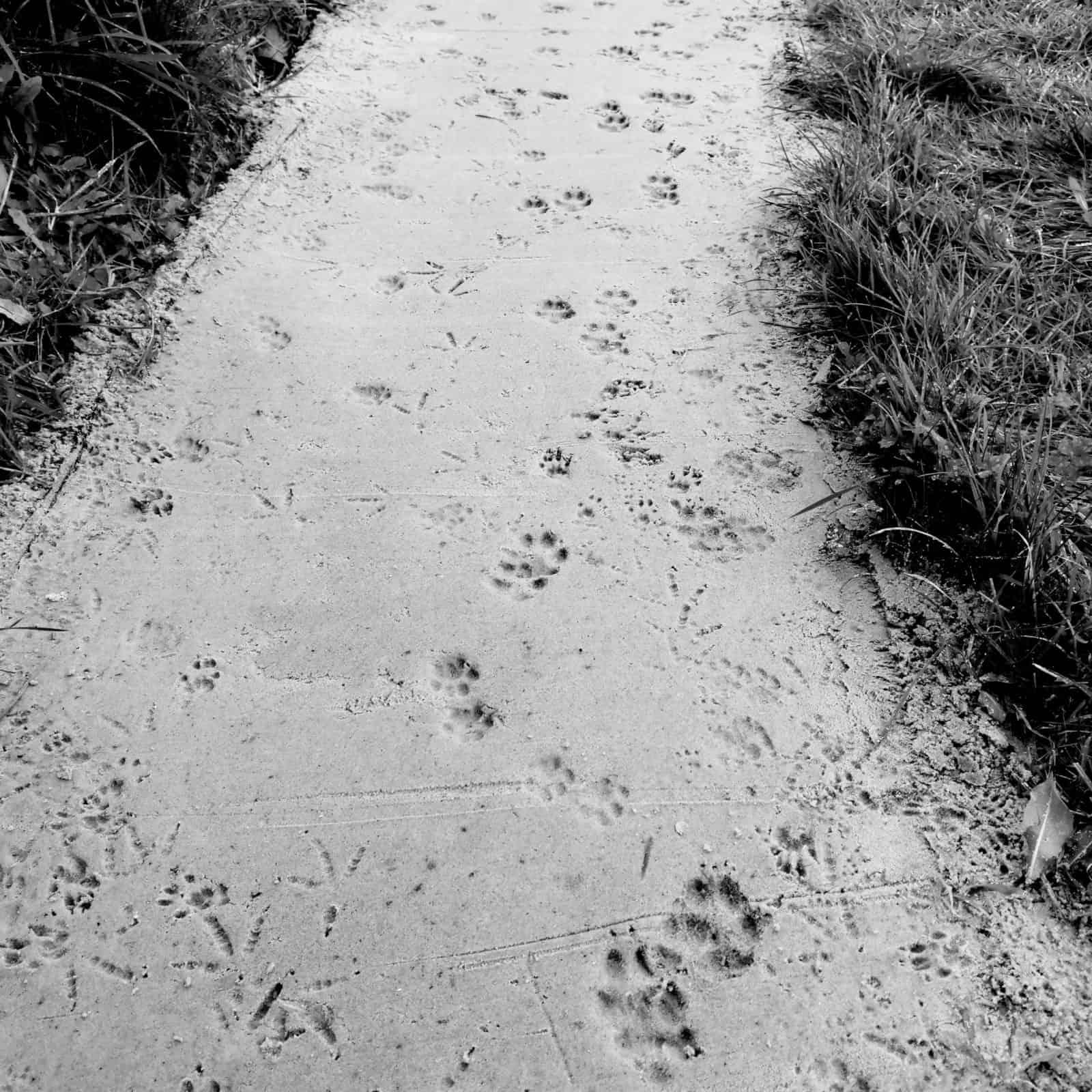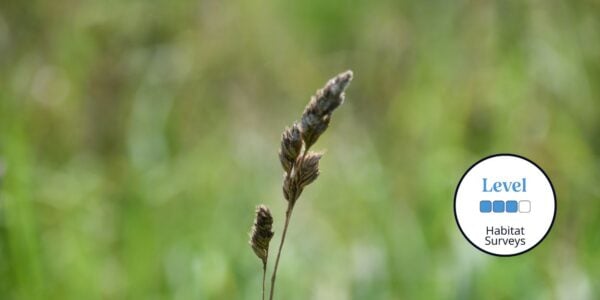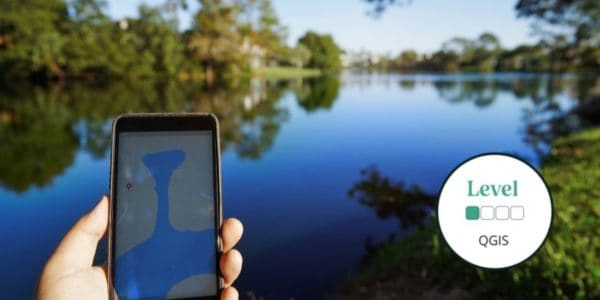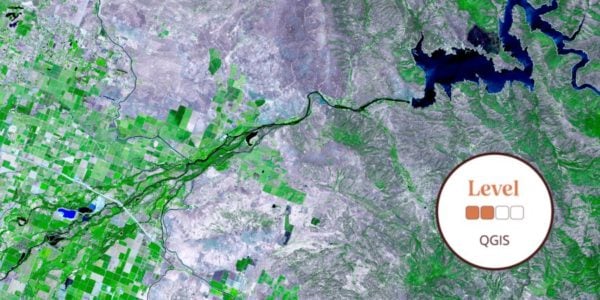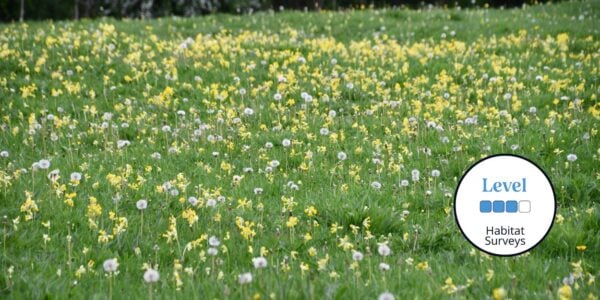This introductory online wildlife tracking course will explore the skills needed to confidently identify a variety of mammal and bird activities when you are out in the field. Wildlife tracking is a crucial skill within conservation management and key for species identification.
What is covered in this course?
- Introduction to Tracks and Signs
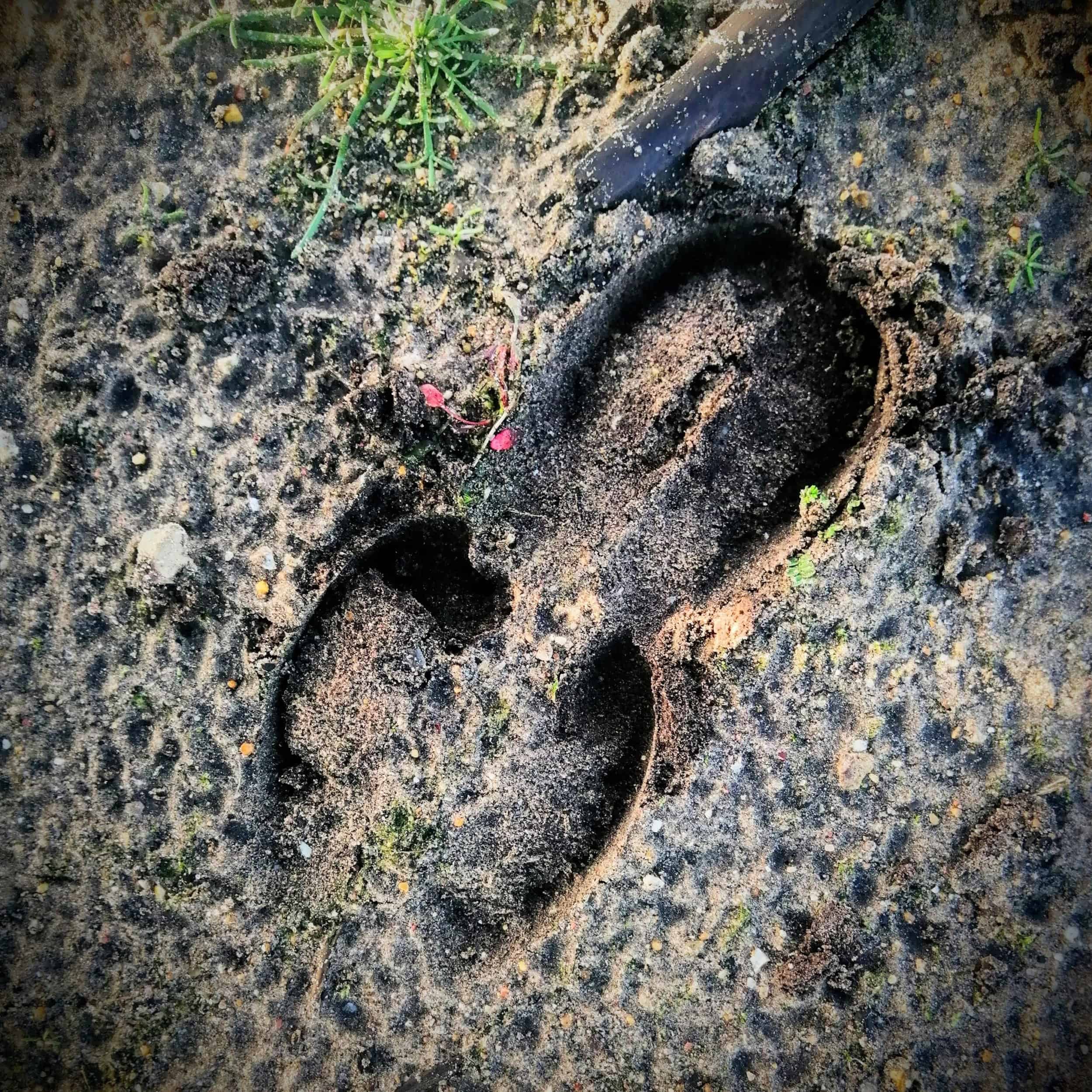

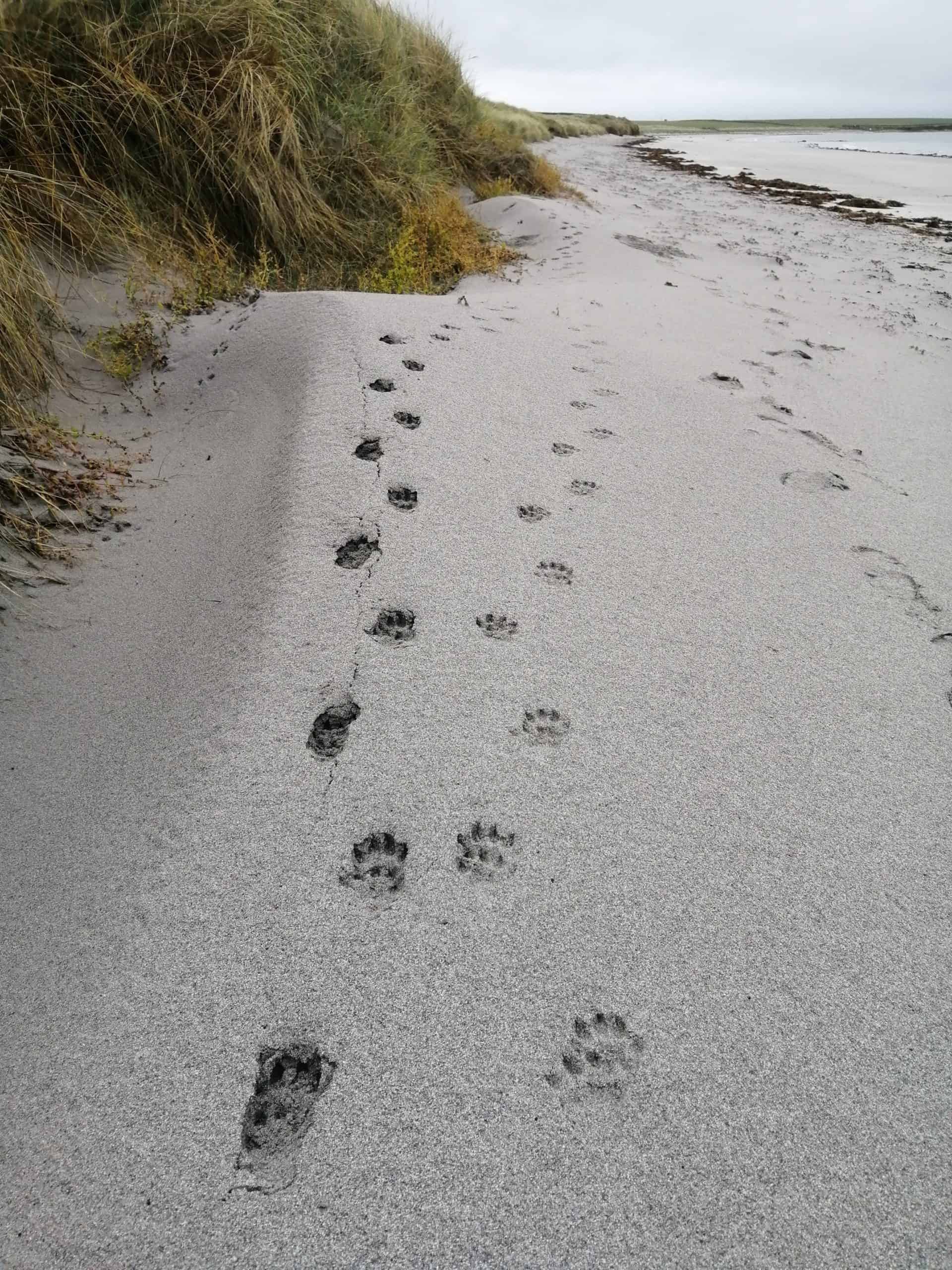
Read More
Tracking is a great way for nature enthusiasts and early conservationists to hone their ability to observe details around them and to build their knowledge of wildlife, specifically their movement and feeding ecology.
The course will begin by covering the physical appearance and ID features of a track, and then move on to feeding signs, homes, and droppings, and finally an introduction to recording the tracks you find. This course will leave you with an introduction to the world of track identification. Through the use of videos and images, this course will cover the main species of birds and mammals that you are likely to encounter within the UK. This course will give you the confidence to progress your learning and move on to courses looking more in-depth at specific tracks and signs identification.
This is a 2-week online course covering an extended topic, for which you will complete a variety of self-led online resources and activities. Each topic is then concluded with an interactive Zoom workshop to complement the online content. Time commitment is approximately 2-3 hours a week and an E-certificate is provided upon completion.
By the end of the course, you will be able to:
- Describe the basic types of tracks and signs and identify key features.
- Identify examples of specific animals from their tracks and signs.
- Share this knowledge with friends, family and fellow volunteers.
Who Should Attend? – Nature enthusiasts, Students, Rangers, Early career ecologists.
Knowledge Level – Introductory. Level descriptors can be found on the following webpage: Framework and Course Level Descriptors
Prior Knowledge – No existing knowledge, or experience is needed for this course. Just a willingness to explore and learn.
Bookings will close 2 working days before the start date to allow for all participants to be enrolled to the online platform – booking will not be taken after this time. Bookings will close sooner if course capacity is reached
Live Webinar Information
There are 2 webinars for this course, taking place at the end of each week. Please see the listing for the day and time.
Please note – webinars will be recorded and uploaded to the virtual learning platform for learners unable to attend.
About the Tutor
Dan Puplett
Dan Puplett is a naturalist, conservationist and environmental educator, and has been involved in a wide range of conservation projects. He is a certified wildlife tracker and is one of the first people in Europe to achieve a 100% score in Track and Sign under the rigorous international system for evaluation trackers. Dan is the author of the Field Studies Council Guide to British Bird Tracks & Signs and teaches naturalist field skills to people of all ages.
Example Timetable
Week 1&2: Introduction to Tracks and Signs
Week 1
Self-study material available at the start date
Live Webinar at the end of week 1
Week 2
Self-study material available after week 1 webinar
Live Webinar at the end of week 2
The final deadline to complete any outstanding activities and self-study components is 2 weeks after the final webinar
Time commitment: This course will require approximately 4-5 hours of your time. This includes covering course materials on our Moodle learning platform and the Zoom session.
What's Included
The course has been carefully created to help you continue to build and develop your knowledge as the course progresses. With content crafted to the online Moodle Platform and bespoke to the Field Studies Council.
The course includes:
- 45-minute interactive weekly Zoom workshops to connect with the tutor and other participants
- Expert tuition for which the Field Studies Council is renowned
- Activities to work on independently in advance of each Zoom workshop
- Tailored course completion certificate
Once registered, you will follow well-illustrated, user-friendly ’books’ to pick up knowledge. Quizzes and skill checks will give you instant feedback on your learning. Forums give students the chance to interact with each other as well as a place to share work.
Bursaries and Subsidies
Student Discount
This course is eligible for a student discount. If you are a current student, please use discount code BioStudent20 at checkout for 20% off all Biodiversity courses.
Before You Attend
Accessing Your Course
- Once you sign up you’ll receive an email at least 24 hours in advance of the course opening with details of how to access our easy-to-use platform, Moodle.
- Moodle can be accessed through a browser or an app.
- Webinars are via Zoom so you won’t need any new software to attend
Recommended Devices
It is recommended that you access your course through a PC or laptop. Please be aware that there will be reduced functionality if you decide to access the course through a tablet or smartphone. The Field Studies Council is unable to email content directly to you.
Opportunities to attend this course
-
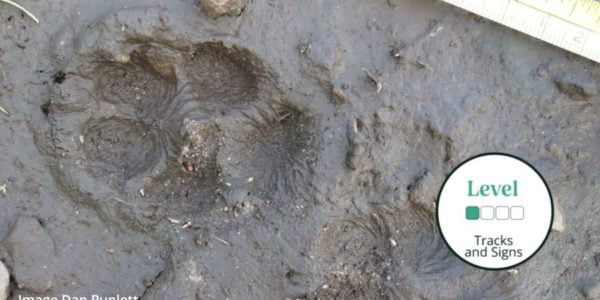
Thu 26, September 2024 - Thu 24, October 2024
The webinars will take place on Thursdays 7:00 pm – 7:45 pm on the following dates:
- Week 1: 3rd October 2024
- Week 2: 10th October 2024
Progress Your Learning
This is a training course from the Field Studies Council, delivered by expert tutors with an approachable learning style. After attending this course, you may like to progress your learning with further relevant courses or branch out into other areas of natural history. The Field Studies Council offers both online and in-person courses, so you can choose the learning style that suits you best.
The course gives you the opportunity to immerse yourself in a new subject and acquire novel skills. Our online portal gives you time to study at your own pace and fit the lessons around your own schedule.
If you have any questions about our online courses please check our Frequently Asked Questions
Please email [email protected] if you have any questions.
Group Bookings Made Easy
If you have a group of 10 or more individuals wanting to complete one of our courses, our team are available to discuss your options – from discounts to private team courses. Click here to find out more!

